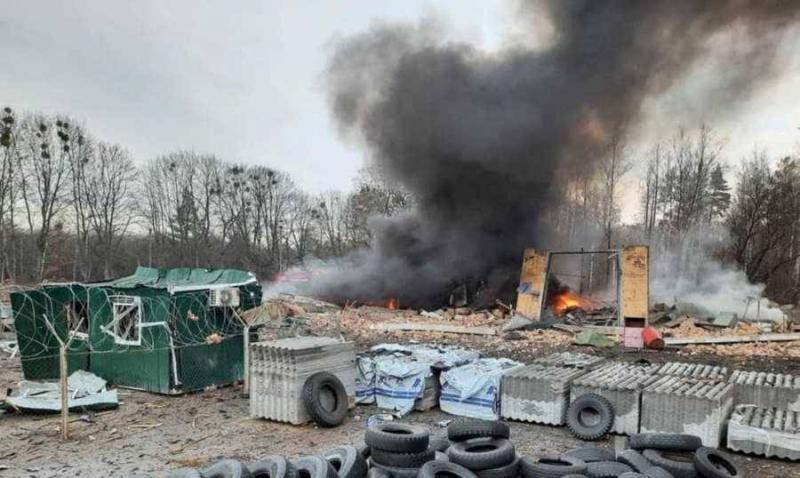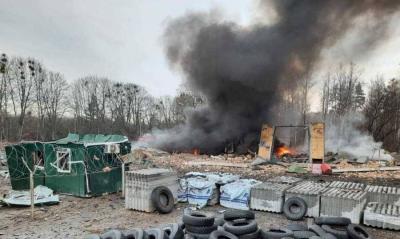The Russian military operation in Ukraine is entering its sixth month on Sunday, amidst ongoing escalation on the ground and increasing military and economic losses. Russian forces continue to target Ukrainian military sites, while Kyiv receives Western support and weapons to halt Russian advances, without an accurate overall tally of civilian casualties resulting from the fighting so far.
In recent developments, the Ukrainian military reported that Russian missiles struck the port of Odessa in southern Ukraine on Saturday, posing a threat to the agreement signed on Friday to lift the blockade on grain exports from Ukrainian ports on the Black Sea and alleviate the global food shortage caused by the war. Ukrainian President Volodymyr Zelensky stated that the strike demonstrates that Moscow cannot be trusted to fulfill the agreement.
Regarding this point, Russian researcher in international relations history, Solonov Blafrev, clarified that the Russian targeting of that area is "legitimate within the military operation and does not contradict the agreement, as the signed agreement is to secure a maritime corridor for grain shipments from the ports and does not include any clause for a ceasefire." Blafrev accused Ukraine in an interview with Sky News Arabia of attempting to maneuver around the grain agreement "because it knows well that it is the one that mined the ports, which threatens the actual implementation of any agreement on the ground."
On the ongoing military escalation and the absence of peaceful solutions, Blafrev said that Washington "is actively seeking to prolong the war, as instead of building on the grain agreement to ease the fighting, the Biden administration has sent more shipments of weapons and missiles."
**The West in a Dilemma**
Over the past five months, the West and Washington have imposed severe sanctions described as the harshest in modern history against Russia. In May, Russian President Vladimir Putin stated that the ongoing "obsession" of the West with sanctions against Russia would inevitably lead to "more complex and intractable results for the European Union and its citizens, and for the poorest countries in the world, which face the risk of famine."
Commenting on what Putin described as "the obsession with sanctions," economist Asif Malhim noted that the West has, in fact, "exhausted most possible sanctions on Russia, and is always looking for new options to exert economic pressure. However, I believe these sanctions will stop at some point, or they may be relaxed. For example, after Lithuania attempted to halt transit to the Kaliningrad region, we started to hear some Western voices calling for a reduction of sanctions on Russia to allow transit to continue, with the clear reason being that Western countries might be affected by actions Russia might take against Lithuania."
Last week, Europe imposed its seventh package of sanctions against Russia, which included additional export restrictions, particularly on gold, in addition to a series of measures to complete the six sets of sanctions adopted since the beginning of the military operation.
Regarding Russia's response to Western sanctions, Malhim explained to Sky News Arabia that Moscow had well prepared for this battle, as everyone knows that the first steps of the West in response to any Russian move are sanctions. He noted, "Currently, no one in Russia wants or tries to return to previous economic working mechanisms with Western countries. The Russian operation has changed the dynamics of unilateral handling, as Moscow is now working on rebuilding its network of economic relations on new bases and abandoning previous networks, as it has become clear that Western partners are unreliable."
Malhim concluded by stating, "There are significant transformations in Russia's economic relations with the rest of the world, based on the solid foundation of the large Eurasian space, and the BRICS group, with Iran and Argentina having submitted requests to join."




